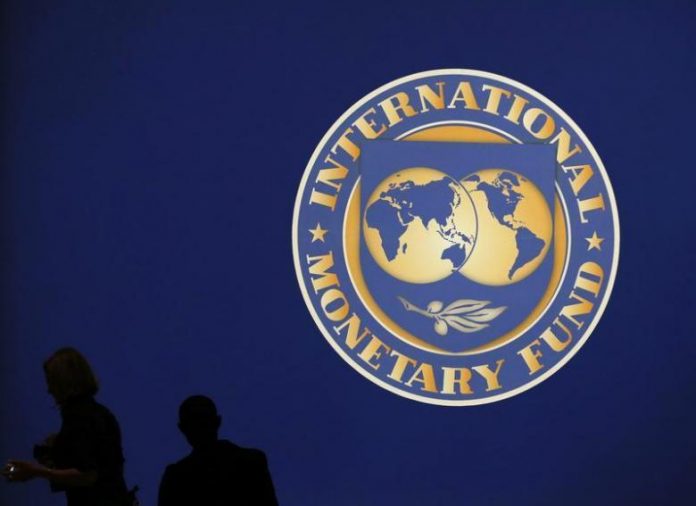
By Cyrus Ebadi
The International Monetary Fund is giving emergency aid to a number of countries to fight the Coronavirus outbreak, but Iran is not one of them, despite the Iranian government’s request for a $5 billion loan. According to official figures, the virus has killed more than 3,000 people in Iran, one of the countries hardest hit by the outbreak.
The IMF and the World Bank are providing emergency funds to a number of developing countries as they face the pandemic. They include more than a dozen countries in Africa, 10 in Asia (including India, which is receiving a $1 billion World Bank loan), and five in Latin America and the Caribbean, according to a Reuters report. Iran is not on the list.
The Tehran government reacted sharply to the omission, blaming the United States for having pressured the IMF — which is headquartered in Washington, D.C. — and accusing the Trump administration of committing “crimes against humanity.”
The IMF letdown came after a group of Iranian civil society and non-governmental organizations, as well as political and social activists outside the country, wrote an open letter to the IMF Board asking it to turn down the Iranian request.
The letter said the Tehran government has more than it needs in foreign reserves to pay for additional costs of combating the worldwide virus and does not need further cash infusion.
“Iran holds high levels of foreign reserve assets by the central bank, that according to the central bank publication, stood at about $117 billion in December 2019. This amount covers more than 14 months of the country’s imports (as also confirmed in IMF 2018 report of Iran), a level generally considered very favorably relative to international standards,” said the letter.
Furthermore, the letter added, Iran does not have problems importing medical supplies, contrary to its claims.
“We have the firm view that constant claims of the government of Iran in international media about problems with the import of medical supplies are misleading and based on inaccurate claims. According to its own official sources, Iran imported $2.4 billion pharmaceuticals and medical equipment and supplies in the 2018 fiscal year,” the group letter said. It went on to say that the central bank had provided $4 billion in financing for the import of medicine and medical supplies in the first ten months of 2019.
The letter also said that the Islamic Republic cannot be trusted to use the loan only for COVID-19 cases because the government does not adhere to internationally accepted financial transparency standards.
“We are deeply concerned about the lack of adherence by the government of Iran to international standards in financial reporting, anti-money laundering and financing of terrorism, which has culminated in Iran’s designation as a high-risk jurisdiction by The Financial Action Task Force (FATF) in February 2020,” the letter added.
[aesop_image img=”https://kayhanlife.com/wp-content/uploads/2020/02/2019-11-04T111740Z_1670850742_RC1B145C2250_RTRMADP_3_IRAN-USA-EMBASSY-scaled.jpg” panorama=”off” credit=”REUTERS./” align=”center” lightbox=”off” captionsrc=”custom” caption=”FILE PHOTO: State sponsored protesters burn an FATF banner as they attend an anti U.S. demonstration, marking the 40th anniversary of the U.S. embassy takeover, near the old U.S. embassy in Tehran, Iran, November 4, 2019. ” captionposition=”left” revealfx=”off” overlay_revealfx=”off”]
Instead, the group’s letter provided a four-point suggestion on how the international community can help the Iranian people escape additional carnage from the contagious virus, which has infected more than a million people in more than 170 countries and territories across the globe.
It asked the IMF and the World Health Organization (WHO) to formulate a targeted international response ensuring equitable distribution of supplies and medication across the country.
Second, the group called on the international organization to pressure Tehran to allow “free entry of medical supplies to Iran and stop rejecting assistance from well-established NGOs such as Médecins Sans Frontières (Doctors Without Borders).”
Third, it asked the IMF to urge the Tehran government to adopt international financial transparency best practices that would boost confidence, inside and outside the country.
Finally, it urged the IMF to consider engaging with Iran through a future program at the appropriate time and with prudent policies rooted in addressing corruption, money-laundering concerns, and the health of the financial system.

